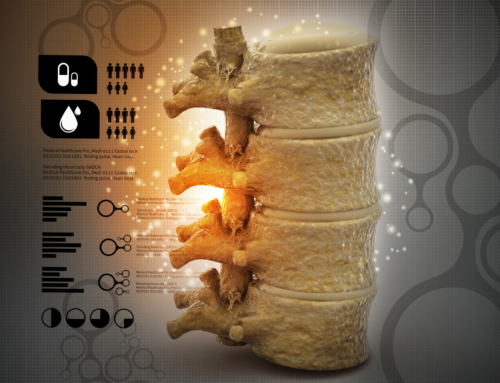Conservative Treatment Options for Back & Neck Pain
A spinal injection is the insertion of medication directly into your spinal column. While this may seem scary, this conservative method is used by spine doctors to relieve pain, promote healing and avoid surgery!
If your spine doctor recommends spinal injections, follow these tips to find relief:
Seek an Experienced Physician
While spinal injections are routine, being with a doctor in an environment you trust is essential. At First State Spine, our physicians have over 55 years of combined experience. Our doctors perform spinal injections in the same room, with the same staff, every day to help them (and you) stay at ease!
Proper Sedation Optimizes Comfort
Make sure the facility will give you proper sedation. At First State Spine, patients receive twilight sedation before their injection. This ensures your ultimate comfort during the procedure and also helps with the effectiveness of the procedure. This anesthetic wears off quickly and most patients are ready to leave approximately 30 minutes after the procedure.
Not all injections are the same!
There are many different types of injections so make sure you are receiving the exact injection that your specialist orders. Your specialist should order the most optimal injection to target the specific problem in your spine. Visit our page on procedures to watch videos on the different types of injections we offer.
At First State Spine, our physicians and interventional specialists who perform the injections work closely together to ensure that each injection is optimal for our patient and tailored to target the painful area in the spine. This close-knit communication ensures you will achieve optimal results as quickly as possible.
Stick to Your Treatment Plan
Spinal injections can be combined with other conservative treatments, like physical therapy or oral medication, to help treat pain. Give these treatments a chance to work together to create the pain-free results you are seeking.
Schedule an appointment today and see one of our physicians to make sure that you have exhausted all your non-operative care options. Surgery should always be your last resort!






